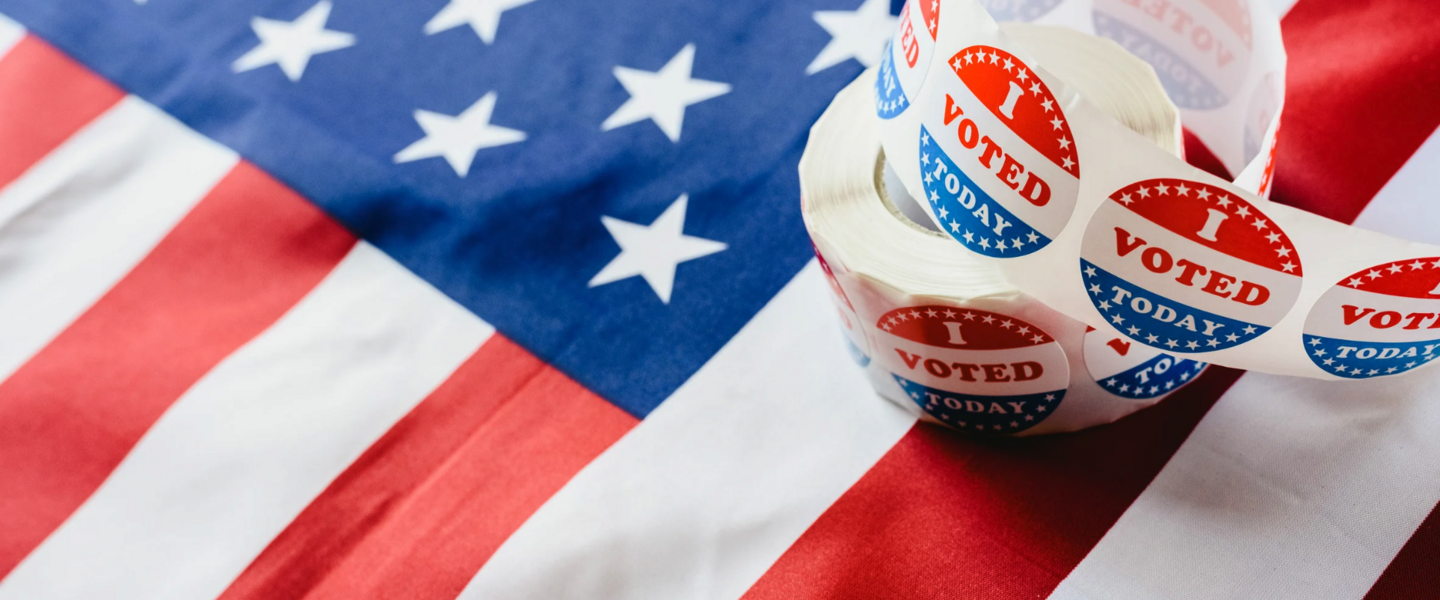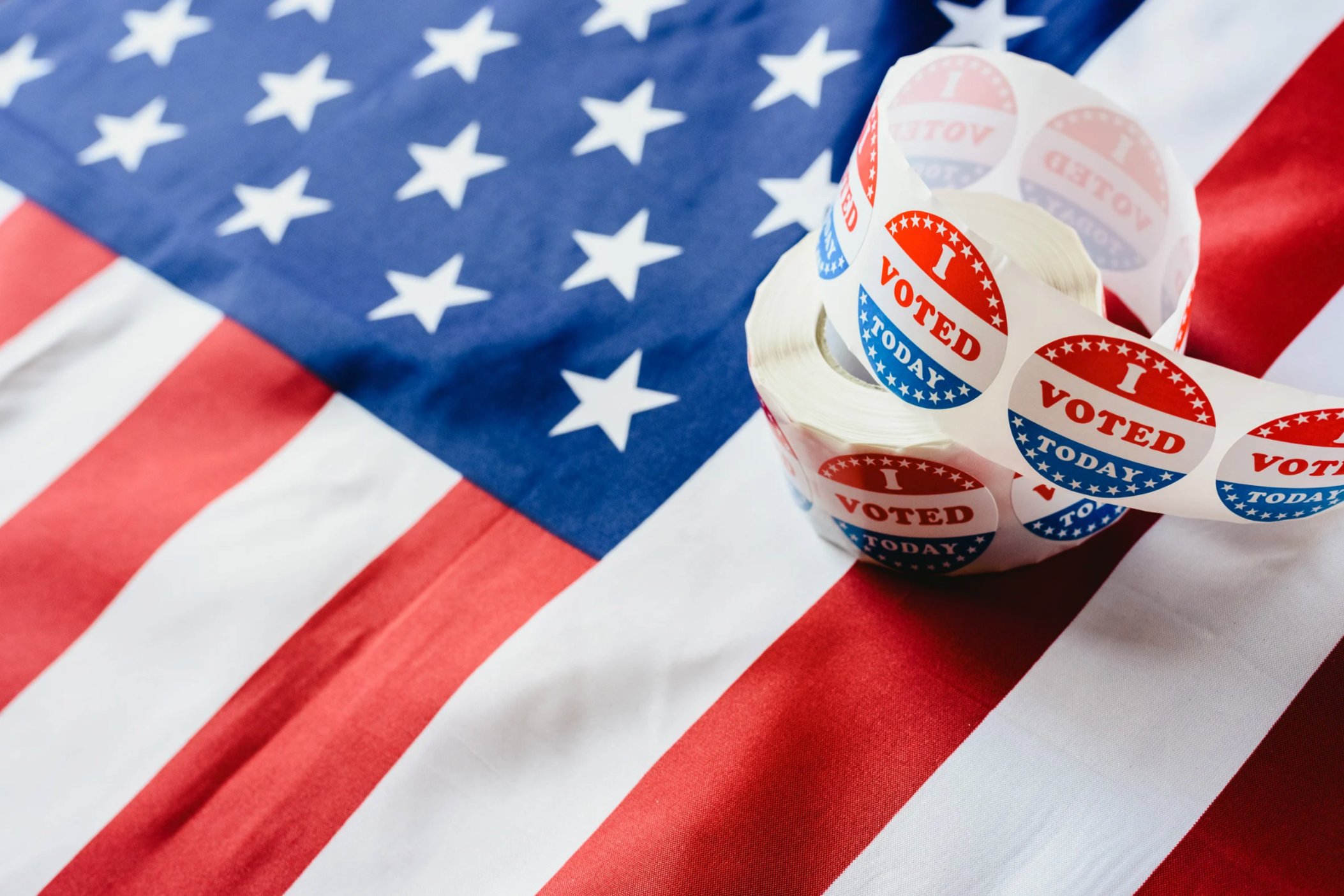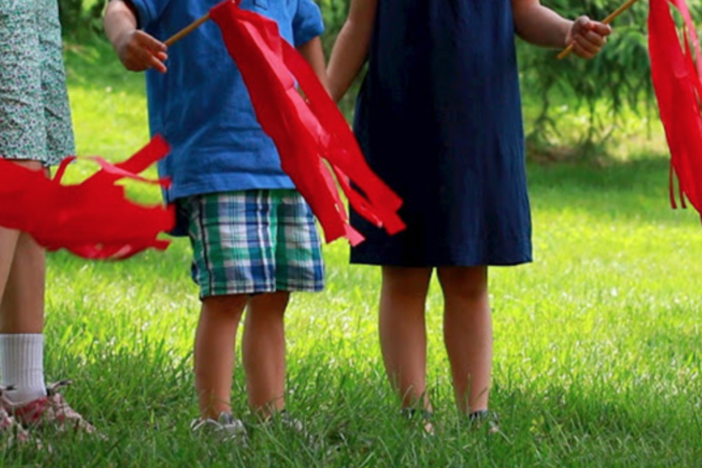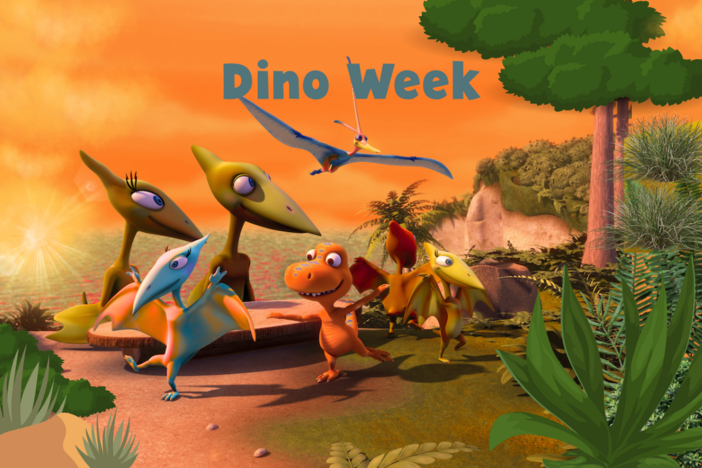Section Branding
Header Content
Free Teaching Resources For Election 2024
Primary Content
Election season is in fully swing and so is Georgia (as a swing state, that is)! Explore the electoral process, discover the history of voting rights, and engage in classroom discussion with these free videos, activities, and lesson plans.
History of U.S. Voting Rights | Things Explained
Grades: 6-12
Who can vote today looked a lot different from those who could vote when the United States was first founded. This video covers the history of voting rights, including women's suffrage, Black disenfranchisement, the Voting Rights Act of 1965, and the various methods American voters can cast their ballots today.
Election Foundations
Grades: 6-12
In this video, students are introduced to why we have presidential elections in the United States. They will learn what a constitutional democracy is and how the government gets its power from the consent of its citizens. They will understand the important principles of the U.S. Constitution, the foundations of government and the importance of civic participation.
Electoral Decoder | Interactive Map
Grades: 6-12
Use this interactive map to explore the past 59 presidential elections (1789–2020). Learn about the significance of the Electoral College by comparing the map and the electoral cartogram. Delve further into history by reading a brief overview of the Electoral College and the role of electors and looking at key events in past elections. Then, use the "Presidential Predictor" to see how a candidate might win the electoral vote in the next election. How would you strategize a political campaign to win the presidency?
Getting the Nomination
Grades: 6-12
In the United States, there are a lot of people who want to be president. But when we vote, there are usually only a few names on the ballot. This video will help students to understand the nomination process for political parties. They will learn how primaries and caucuses help determine the candidate that will best represent a party platform, the role of delegates and super delegates in the election process, and the impact of "Super Tuesday."
The Three Branches of Government | Interactive Lesson
Grades: 3-8
In this interactive lesson supporting literacy skills in U.S. history and civics, students learn about the three branches of the United States government. Students explore the powers that the Constitution assigns to each branch—legislative, executive, and judicial—and how the three branches work together. During this process, they read informational text, learn and practice vocabulary words, and explore content through videos and engagement activities.
The Electoral College: Why Such a Big Debate? | Above the Noise
Grades: 6-12
There have been five times in U.S. history where the person who became president lost the popular vote, but won the electoral vote. And two of those times were just in the last twenty years. And with a new presidential election coming up, there’s lots of chatter about the value of the electoral college with critics asking is it time to get rid of the electoral college?
How Can We Get More Young People to Vote? | Above the Noise
Grades: 6-12
Voting is a really important part of the democratic process. We all know this, but in reality, many people don’t vote. That is especially true for younger generations who historically have had very low voter turnout rates in the U.S. This is kind of a big deal because younger people have a lot at stake in most elections. So, why don’t young people vote as much as older people? Find out in the latest Above the Noise episode.
Should We Have a President? | America From Scratch
Grades: 6-12
We spend a lot of time thinking, worrying, debating—and, yes, fighting—over who should be our president. But is that the best use of our political energy? In this episode of “America From Scratch,” we explore the idea of eliminating the presidency entirely—and some other alternatives to our current political structure. Experts share how you can make the biggest difference in government today, regardless of how the political pendulum is swinging.
What Does a Governor Do? | Things Explained
Grades: 3-8
In this episode of Things Explained, we discuss the role and responsibilities of Georgia's governor and how the position compares to that of the U.S. president. We also highlight some political dynamics of the state and some of Georgia's most famous governors.
Civic Duties | Social Studies Shorts
Grades: 3-12
Learn about U.S. citizens’ responsibilities and civic duties that are meant to make the country run smoothly in this episode of Social Studies Shorts. Some civic duties, such as voting, are voluntary; others, such as obeying the law, paying taxes, jury duty, and registering for the Selective Service, are mandated or required by law.
Close Elections | Compact Civics
Grades: 9-12
Explore how just one vote can decide the outcome of an election. Learn about the power of voting through real-life stories of tight races. Use the provided teaching tips and discussion questions to continue the conversation.
Electoral Systems | Social Studies Shorts
Grades: 3-12
Democracies around the world have elections to fill the jobs in government. In this episode of Social Studies Shorts, learn about just a few of the electoral systems that the United States uses for local, state and federal elections. Explore them all - first-past-the-post, ranked choice, and two round systems of voting - in the setting of a classroom election for favorite snack.
Should We Make Voting Mandatory? | America From Scratch
Grades: 6-12
Imagine being required to vote by penalty of law. Sound a little extreme? Maybe. But for other countries around the world, it’s a reality, and it helps get people to the polls. Meanwhile, in the U.S., only 55 percent of eligible people cast a vote for president in 2016. As we question what our country would look like if we started from scratch, host Toussaint Morrison explores the possibility of mandatory voting.
Three Types of Manipulated Video Used to Spread Misinformation | Be MediaWise
Grades: 6-12
Seeing is believing—which is why manipulated video can be a powerful tool to spread misinformation. Students will learn three ways that video is manipulated to spread misinformation, how to detect manipulated video, and how to fact-check it before sharing it.
Civics Skills: How to (Respectfully) Disagree | Retro Report
Grades: 6-12
Watch as high school students dive into a discussion about whether certain books should be banned from school libraries. Their conversation isn’t just about the books themselves; it shows how to tackle difficult issues with civility and respect. Students share their views and listen to differing opinions without being disagreeable.
Civics Skills: Evaluate Sources to Build an Argument | Retro Report
Grades: 6-12
Want to improve students’ research game? Sharpen skills with this short video, where a high school student shows how he finds credible sources and sorts fact from misinformation. Watch as he goes step by step through his research process and shares tips on how to gather solid evidence.
Third Parties | Compact Civics
Grades: 9-12
Investigate the impact of third parties in United States elections. Do they offer real alternatives or create unintended consequences in shaping election outcomes? Use the provided teaching tips and discussion questions to continue the conversation.
Discover more civics education resources with this collection on PBS LearningMedia.







